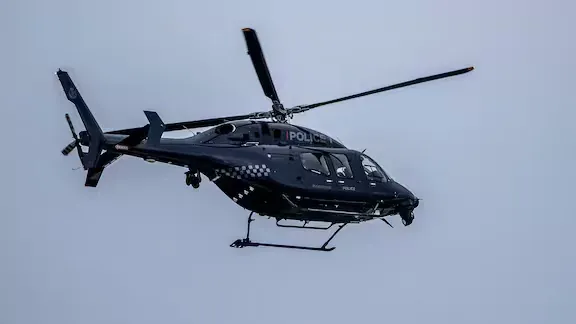Table of Contents
Recently there has been a verbal stoush between the Government and an investigative journalist. Minister of Research, Science and Innovation Judith Collins believes NIWA (the National Institute of Water and Atmospheric Research) research and statistics. Awkwardly, Ian Wishart says NIWA has left out vital storm statistics. He subsequently informed the minister’s office of a concerning omission in his view. On 14 August, Reality Check Radio (RCR) breakfast host Paul Brennan interviewed Collins to discuss GE field trials and this alleged disparity. Listen here:
Collins says she believes NIWA’s statistics and claims Wishart uses two databases. Wishart claims that the government agency’s central database does not include many large historical storms. This could mean councils have insufficient information about weather risks, while also introducing bias into analysis about the impact of the coalition’s climate emergency agenda and funding. He questions for example, why the floods of 1941 and 1953 are missing? Wishart believes avoiding the truth is dangerous. He alludes to last year’s Cyclone Gabrielle in the Hawkes Bay, which not only left a path of destruction, but, even worse, 11 people lost their lives. The devastating floods might have been prevented or alleviated had there been careful environmental regional planning and warnings.
This is going down a rabbit hole stuff, honestly, Paul… said feisty Collins.
Kiwis, start looking into what is being purported by this Government, the scientists at NIWA and their data modelling. Their data affects councils’ decisions, which in turn can impact insurances, town planning, rates (as well as government spending of taxpayers’ dollars on ‘man-made’ climate change), costs to coastal regions, farmers, orchardists and horticulture. Heckles begin to rise.
NIWA’s board of directors is responsible to the shareholders, the NZ Government. The Government should have accurate data to be responsible to the people of NZ.
The NIWA website says they have 1000 people (scientists and workers) working across New Zealand and the world. A large part of NIWA seems to give attention to cultural interests. A job vacancy describes NIWA as not quite a ‘meaningful and trusted partner to Māori’.
We are on our journey towards becoming a meaningful and trusted partner to Māori, promoting the weaving of Mātauranga Māori and science to create growth and success for all of Aotearoa, New Zealand.
It’s of no surprise NIWA have a dedicated team of at least 20 staff supporting Māori interests.
Te Kūwaha, NIWA’s National Centre for Māori Environmental Research is a dedicated Māori research team, with a vision to work in partnership with others to enable complementary knowledge systems to support kaitiakitanga and provide environmental research excellence that enhances the social, environmental and economic aspirations of whānau, hapū and iwi, Māori communities and Māori business.
NIWA have job vacancies. Here is one advertised recently.
56121 Research Software Engineer – Plant & Food Research
Plant & Food Research is a New Zealand-based science company providing research and development that adds value to the fruit, vegetable, crop and food sectors. We are an organisation that recognises the growing need for statistical skills in areas such as breeding and genomics, metabolomics, post-harvest technologies, ecology, sensors and sensing systems, clinical trials and sensory and consumer science.
About us | Ko wai mātou
At Plant & Food Research, Rangahau Ahumāra Kai, we believe science can create a better future. By finding smarter, greener options today, we're helping secure the world we want to live in tomorrow. With our partners, we use world-leading science and technology to improve the way they grow, fish, harvest, create, prepare and share kai. We have 1000 people working across Aotearoa New Zealand and the world to help develop and deliver healthy foods from the world’s most sustainable food systems. We are on our journey towards becoming a meaningful and trusted partner to Māori, promoting the weaving of Mātauranga Māori and science to create growth and success for all of Aotearoa, New Zealand.
Minister Collins says NIWA has been very forthright and they have not left out information, and, when questioned, says she trusts science. But, NIWA continues to leave out vital statistics.
Disputing facts over previous storms’ existences seems pretty stupid...except government policy is based on them. Any policy that has the potential to compromise New Zealanders’ safety and impact their wallet or where they may live must be challenged.









